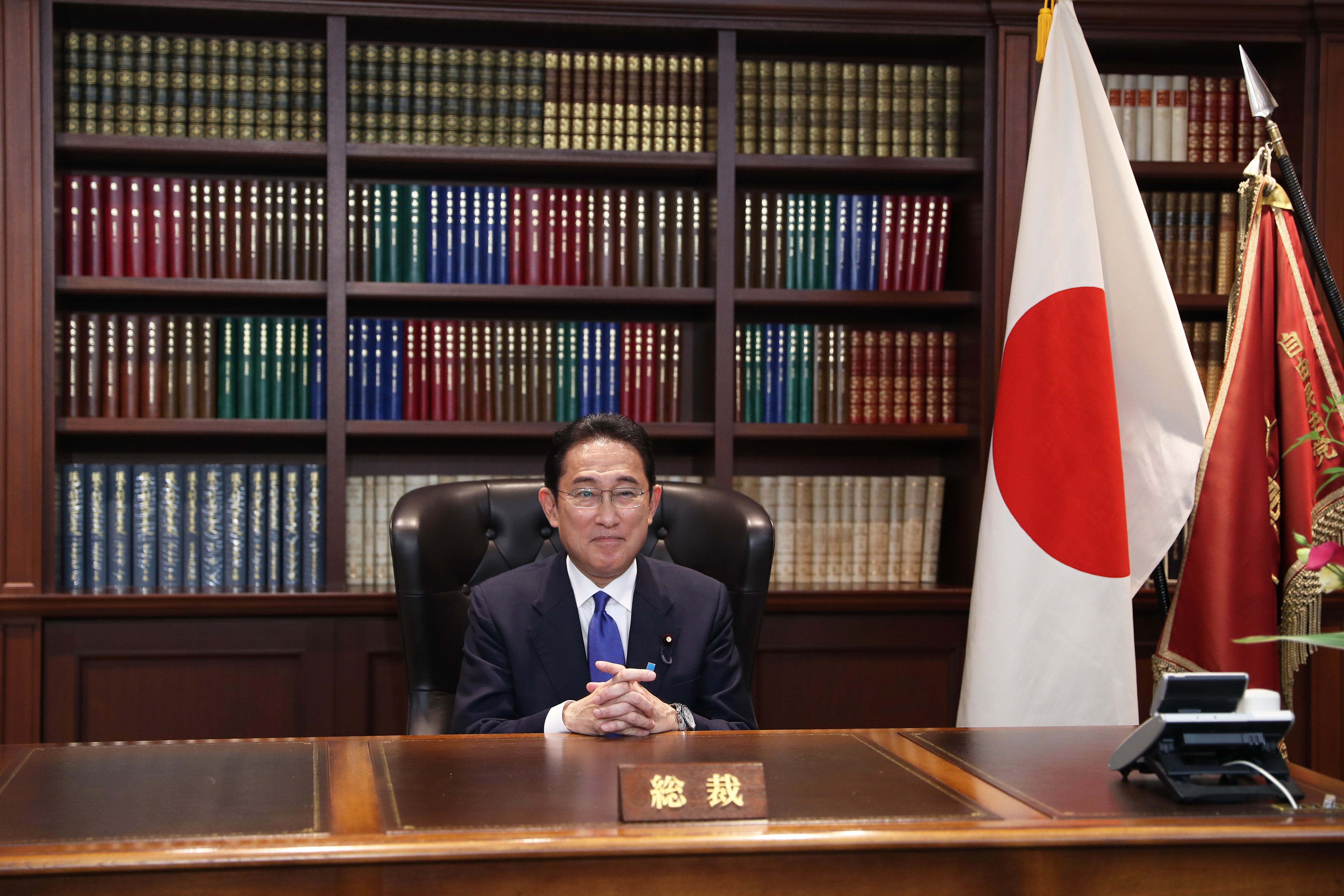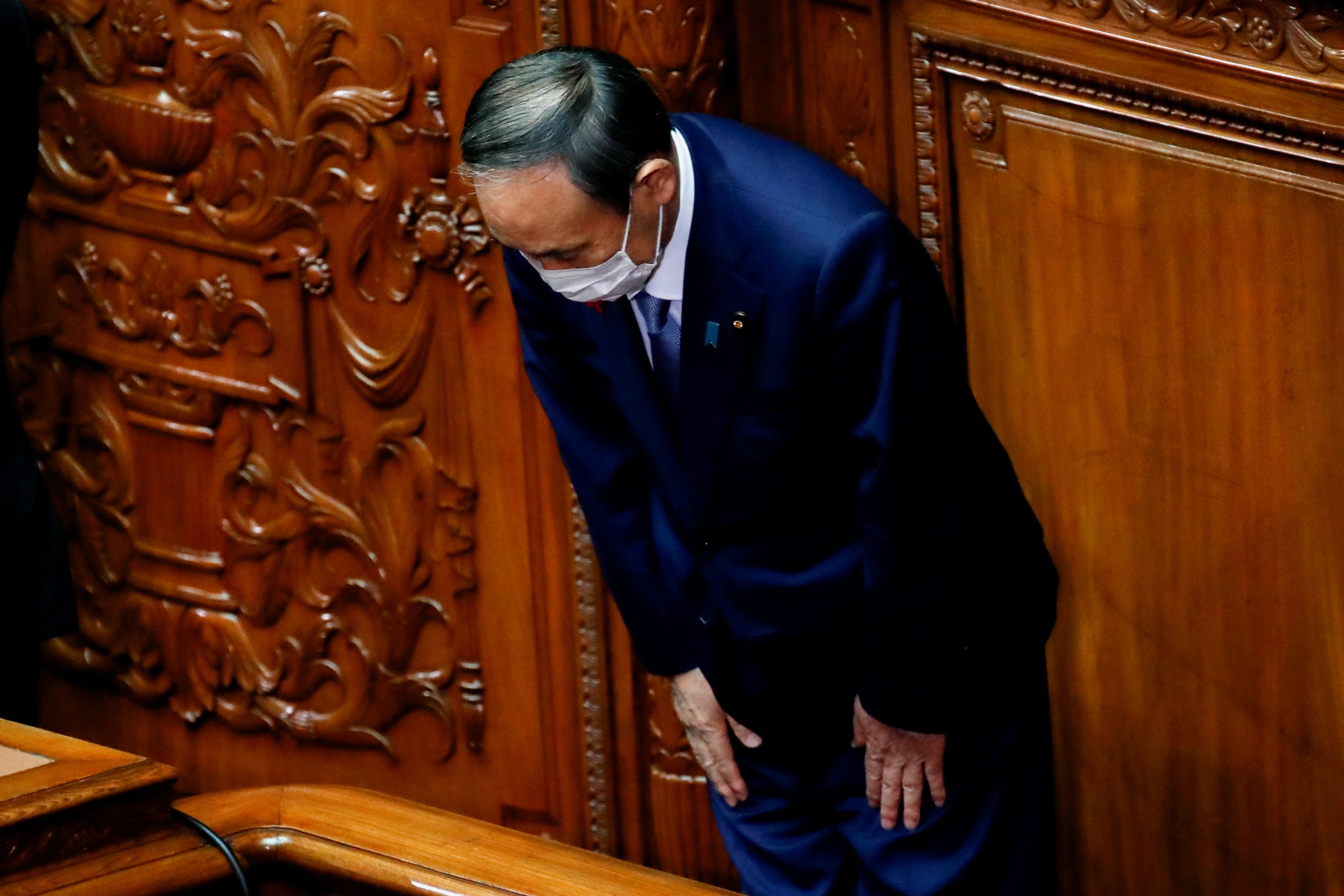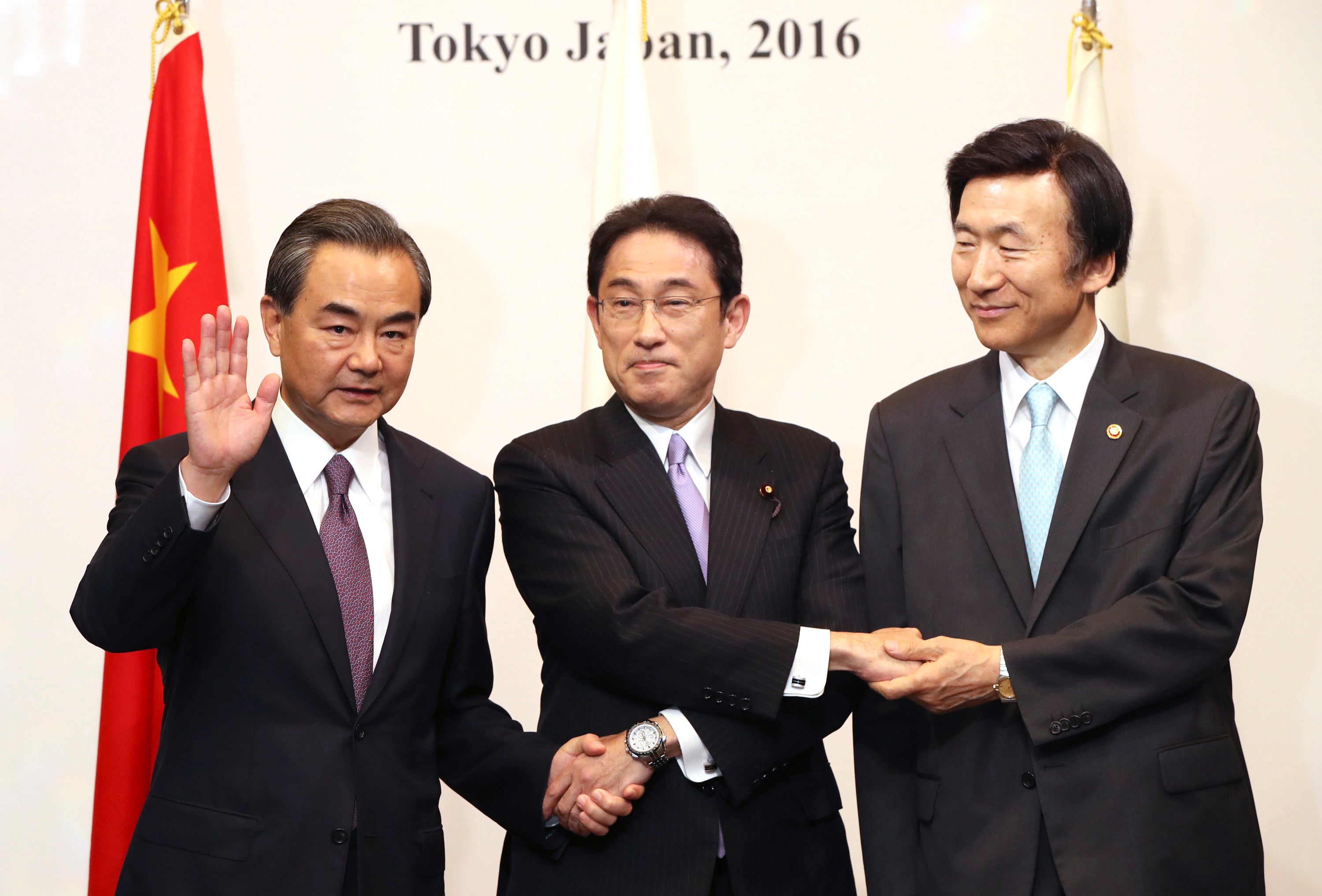Japan’s leadership: Kishida takes the helm as PM, maintaining the LDP status quo
In the absence of a compelling opposition, Kishida will almost certainly go on to lead Japan into the post-pandemic future after elections in the coming weeks, writes David McElhinney

They say familiarity breeds contempt. Not so in Japan’s National Diet. The Liberal Democratic Party (LDP), who have ruled the nation virtually unabated since 1955, have elected a new president, Fumio Kishida, who is a physical manifestation of the party status quo.
Kishida, formally elected by Parliament as Japan’s Prime Minister on Monday, takes the reins from an equally uncharismatic, line-toeing career politician in Yoshihide Suga. It’s a blow to reformists and anyone else who dared consider the possibility of demonstrable political change.
NHK has reported that he will dissolve parliament next week and call an election for October 31st, shortly ahead of the expected timing in November, allowing him to make the most of the boost in popularity seen in the first weeks of a new leadership.
The four-way leadership bout between Kishida, Taro Kono, Sanae Takaichi, and Seiko Noda ended rather predictably in a two-way shootout. Noda and Takaichi, both aiming to become Japan’s first female leader, tumbled out of contention after the first round of voting. Women still cling largely to the fringes of top-level politics – a recent study of 156 countries put Japan at a dismal 147th in the female political empowerment rankings – which reflects gender disparities plaguing leadership roles across the nation.
Kishida and Kono entered a faceoff in round two, where the former trumped the latter with 257 votes to 170. Kono, a straight-shooter who’s been in charge of an increasingly expedient Covid-19 vaccine programme, is popular with the public and LDP rank-and-file. But he runs counter to the prevailing political winds, is too maverick for the ruling elite. A fluent English-speaking media darling, Kono’s global outlook and idealism never sat well with an establishment still enthralled by a kind of post-industrial isolationist mentality.
“The nail that sticks out, we must hammer it down,” or so the old maxim goes. Kono can surely attest to this conformist dictum.
Kishida, however, was a safe bet for the LDP seniority; a do-what-he’s-told “yes” man who prides himself on being “a good listener”. He will do little to upset the apple cart within a party whose top brass are as much aligned by their desire for stability and predictability as by any centralized ideology.
The presumptive Prime Minister will have little time to celebrate, however, as he faces the challenge of an immediate election campaign in his first month in charge. With opposition that’s about as threatening as a cool summer breeze, Kishida and the LDP will almost certainly lead Japan into the post-pandemic future. But whether the party can maintain its stranglehold on the Lower House – a de-facto supermajority, boosted by coalition partner Komeito – will help dictate the opening exchanges of Kishida’s tenure.
Kishida on Monday announced he will replace 18 Cabinet posts under former Prime Minister Suga - with several of the posts being awarded to those who voted for him in the party election. According to AP, there will only be three women in the Cabinet, including female lawmaker, Seiko Noda, who was one of four candidates who also competed for the leadership. Noriko Horiuchi will become vaccination minister, replacing Taro Kano, who came second in the leadership race.
Public confidence in the LDP slumped to abysmal levels due to Suga’s indecisive mismanagement of the pandemic, meaning Kishida will need to shore up some of the damage to retain parliamentary supremacy. Opposition parties are set to form an offensive coalition to wrestle Lower House control away from the LDP, while Kishida’s public reputation could also come back to bite him. He spearheaded a failed Upper House by-election campaign in his native Hiroshima in April, which reflects poorly on his ability to drum up support.

Assuming he survives the election, Kishida has pledged to continue with “Abenomics” policies to combat decades of economic stagnation and deflation. Designed to encourage growth in Japan’s economy through monetary easing, government spending and structural reforms, it has been by stunted a rapidly ageing population, a declining consumer base and low productivity. In the cabinet, the majority of heavyweight jobs have gone to allies of Abe, or outgoing finance minister Taro Aso
Kishida is also promising economic stimulus packages worth trillions of yen to deal with immediate pandemic recovery efforts. Where, when and how this money is disseminated will be crucial. His predecessor presided over waxing and waning states of emergency which crippled the hospitality and tourism industries, affecting hotels, bars, restaurants, and low-wage contract workers, in particular.
Kishida’s proposals have targeted these groups, along with students and families with children, but as we saw under Suga, spending of this magnitude will almost certainly encounter bureaucratic pushback, especially considering Japan’s whopping national debt, which rose to a record 1.2 quadrillion yen in 2020.
China’s increasing influence and assertiveness in the region is another major issue for the incumbent, whose expected traditionally soft-spoken approach will likely be welcomed by President Xi Jinping. Kishida has historically proven himself to be less hawkish – evidenced by his agreement as foreign minister to seek reparations for South Korean comfort women. However he has taking a firmer stance on security in recent years. Japan faces on-going missile threats from North Korea and the issue of South Korea’s past grievances continues nonetheless to cause tensions between the two nations.

In the longer term, Kishida’s government is set for a tepid form of pseudo-populist conservatism. His inflated rhetoric of “an LDP for the people” and finding a “new form of capitalism” focuses more on wealth redistribution than the neoliberal economics championed by his LDP predecessors. That said, his anti-gay marriage stance, maintenance of high tax rates, minor support of boosted defence capabilities, and pro-nuclear energy plans fall in line with traditional party ideals.
Though Kishida was voted in by his fellow lawmakers, his victory speaks to one of the deeper issues in Japanese politics: public disenfranchisement. For a large and educated democratic nation, the Japanese voter base shows an incredible apathy towards the ballot box – the previous general election saw an overall turnout of only 54%, and a mere 34% of people in their 20s.
And perhaps it’s little wonder: once again a status-quo contender, groomed for the role by his party elders, who will do little to shake things up in a creaking political system, has ascended to the LDP summit.
When blueblood politicians – Suga notwithstanding – continue to take the nation’s top political seat, it’s perhaps not surprising that a majority of young voters balk at the idea of exercising their democratic right.






Join our commenting forum
Join thought-provoking conversations, follow other Independent readers and see their replies
Comments